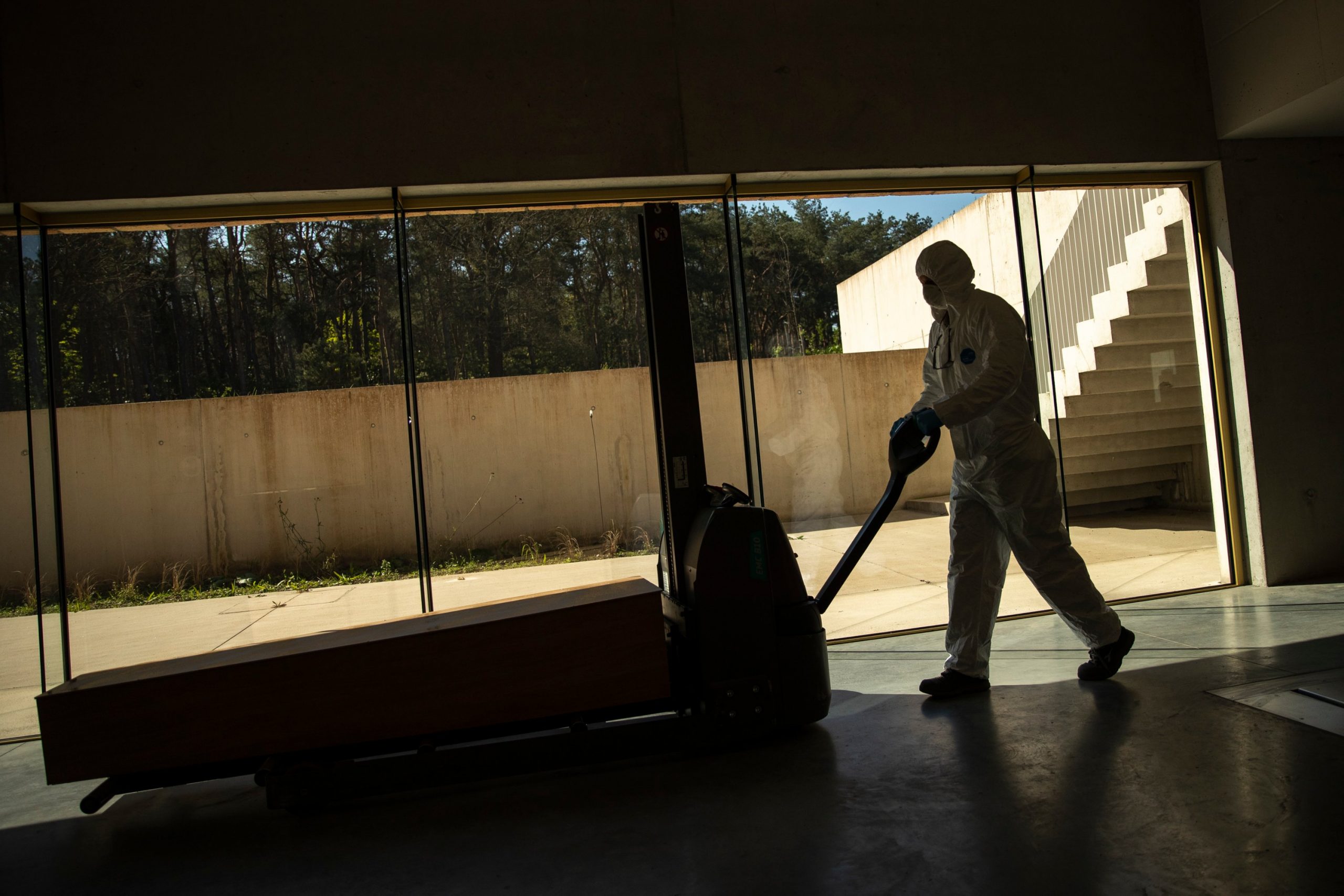A medical examiner from the Thai capital of Bangkok has died from COVID-19 after he caught the coronavirus from the dead body of a person who is believed to have died from the disease, according to a letter published by the Journal of Forensic and Legal Medicine.
The letter which was written on March 20, when Thailand reported 272 confirmed COVID-19 cases, didn’t provide any further information about the name and age of the forensic practitioner. The case is believed to be the first of its kind.
“According to our best knowledge, this is the first report on COVID-19 infection and death among medical personnel in a forensic medicine unit,” Won Sriwijitalai of Bangkok’s RVT Medical Center and Viral Wiwanitkit of India’s DY Patil University wrote in the letter.
Wiwanitkit and Sriwijitalai said that “there is a low chance of forensic medicine professionals coming into contact with infected patients, but they can have contact with biological samples and corpses.” They emphasized that at present, there is no data on the exact number of COVID-19 contaminated corpses since it is not a routine practice to examine for COVID-19 in dead bodies in Thailand.
“Nevertheless, infection control and universal precautions are necessary,” they said in the letter.
Wiwanitkit and Sriwijitalai advised forensic practitioners to wear protective clothing such as a suit, gloves, goggles, cap and masks, emphasizing that pathology and forensic units must follow disinfection procedures.
In another instance, the professor of pathology at the City University of New York’s John Jay College of Criminal Justice Angelique Corthals told BuzzFeed News that not just medical examiners, but morgue technicians and the people in funeral homes need to take extra care.
Summer Johnson McGee, a health policy expert at the University of New Haven, told BuzzFeed News that medical staff should wear personal protective equipment to avoid spreading the virus when they come in contact with a body of coronavirus patient whether “dead or alive.”
“Autopsies and subsequent investigations present real risks for coroners to acquire COVID-19,” she said.
In late March the World Health Organization (WHO) published guidance on how to safely manage the corpses of COVID-19 victims. WHO said that dead bodies could be infectious in cases of hemorrhagic fevers such as Ebola and Marburg, or the lungs of patients with pandemic influenza that are not handled properly could be infectious.
“To date, there is no evidence of persons having become infected from exposure to the bodies of persons who died from COVID-19,” the WHO said.
U.N. agency stated that “these recommendations are subject to revision as new evidence becomes available.”










Discussion about this post